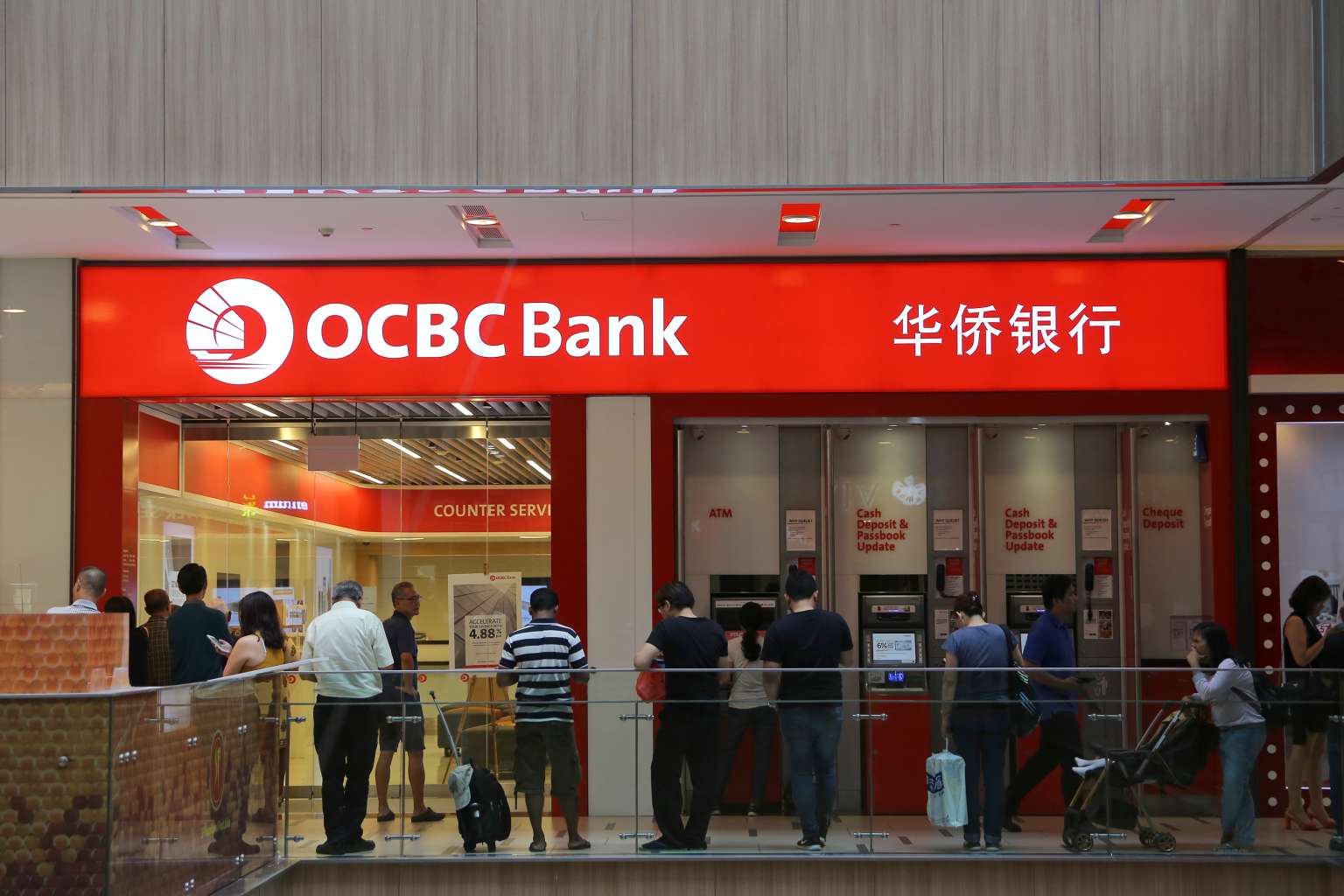OCBC debuts use of blockchain technology for faster, more secure and cheaper inter-bank fund transfers
Sign up now: Get ST's newsletters delivered to your inbox

OCBC Bank became the first bank in Southeast Asia to use blockchain technology to make local and cross-border inter-bank fund transfers.
PHOTO: ST FILE
Follow topic:
Singapore - OCBC Bank said Monday (Nov 14) it became the first bank in Southeast Asia to use blockchain technology to make local and cross-border inter-bank fund transfers.
A successful pilot payment transaction between the bank and its subsidiaries, OCBC Malaysia and Bank of Singapore, was conducted on Nov 8, using a payment blockchain solution jointly designed by OCBC Bank and local banking payment solutions company BCS Information Systems (BCSIS).
With the successful pilot, and after full integration of this payment solution, the BCSIS blockchain platform will allow inter-bank payments between banks in Singapore and overseas without requiring a payment intermediary.
OCBC said it will extend the use of blockchain technology to other financial products and service applications.
It said using blockchain technology, payments are:
- More secure: The funds transfer data is recorded in the digital ledger which, once encrypted, cannot be modified or tampered with. This keeps the transaction information private and secure, reducing the risk of fraud.
- Faster: With the removal of the intermediary and the need for manual processing, the funds transfers are directly conducted between the originating bank and receiving bank, cutting down processing time. For instance, funds transfers between OCBC Singapore and OCBC Malaysia which typically require up to 1 day could be completed in less than 5 minutes.
- Cheaper: Does away with intermediaries and manual processing, which translates to lower cost.
- More transparent: With the removal of the traditional intermediary, there is visibility of transaction flows between senders and recipients and the transactions can be much more easily tracked.
Said Mr Praveen Raina, OCBC's senior vice president, group operations & technology: "This is a milestone not only for us but for Singapore as Asia's financial hub as we pave the way to revolutionising the traditional cross-border payments model. We hope this will be a catalyst for more banks to adopt the blockchain technology so that, together, we can achieve efficiency and cost effectiveness while delivering more high-value financial services to our consumers.
Said Mr Sopnendu Mohanty, chief fintech officer, Monetary Authority of Singapore (MAS): "MAS and the financial industry have worked hard over the past two years to build a thriving fintech ecosystem in Singapore. OCBC's initiative demonstrates the vibrancy of our banks in applying innovative technology to complex business problems like cross-border payments."
Blockchain is the enabling technology behind the virtual currency, bitcoin. It is essentially a digital ledger which records data and lumps them into "blocks", which are then securely encrypted and chronologically bound together into a "chain", explained OCBC. The ledger is distributed across all parties within a network, where all parties have to come to a consensus to authenticate the transactions.
It is therefore a form of distributed ledger versus the traditional ledger which is maintained by a centralised institution, thus removing the need for a central intermediary, said the bank.

